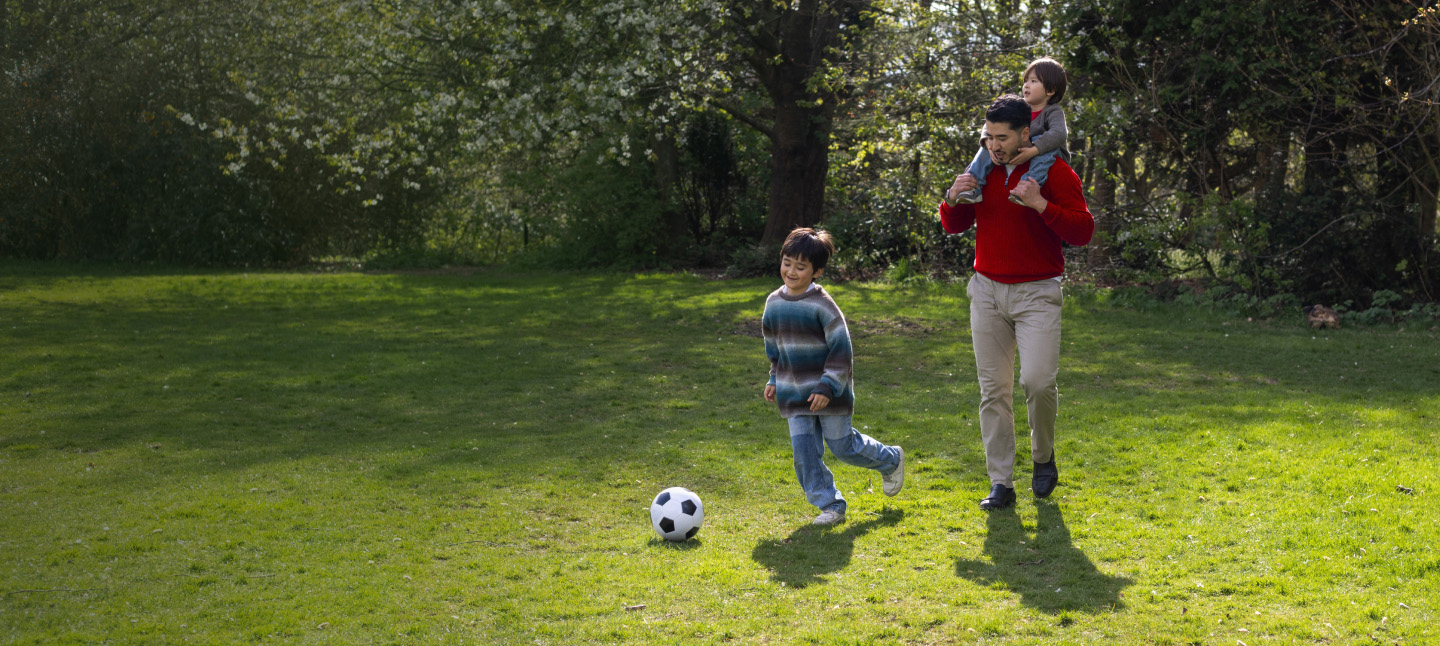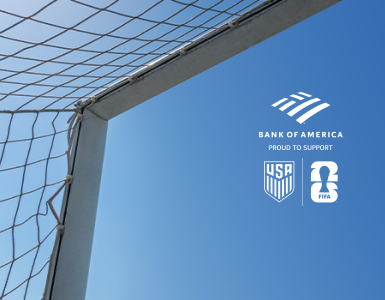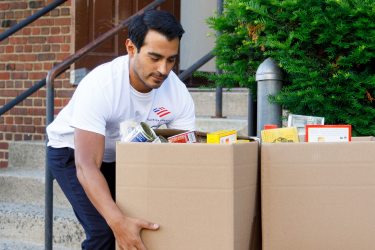At Bank of America, we’re committed to helping make financial lives better through the power of every connection. Learn how we’re empowering our clients, employees and communities to achieve new possibilities.

Keeping you moving toward your goals — big or small
What would you like the power to do?®
Making an impact in ways that matter

$25 in 2025

Proud supporter of every goal

We're helping support communities impacted by the wildfires
Turn possibilities into achievements
Helping individuals, companies, communities and employees achieve their goals.

Local experts. Here for you.
Our teams are dedicated to helping people and businesses in communities across the country. Give back, build your savings or simply keep up with a changing economy with tools, resources and support from our local experts.
Learn more. Do more.



